BBC London Home affairs correspondent
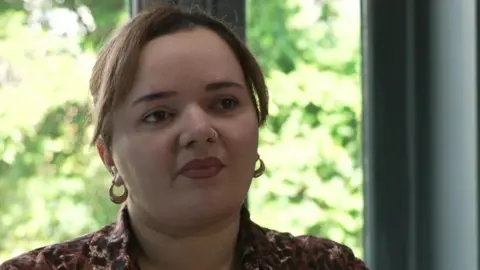 BBC
BBCWarning: This article contains language some readers might find offensive
A former 999 call-handler has accused the Met Police of breaking its promise to listen to whistleblowers, after a colleague she reported was sacked but then given back his job.
Izzy Vine is suing the force, claiming constructive dismissal, after a fellow call-handler made a series of comments, including describing a rape victim as a “slut”. The staff member was sacked for gross misconduct in November 2023 but reinstated on appeal.
Ms Vine said bosses told her the original disciplinary panel had been too heavily influenced by the Casey Review, which found the Met to be institutionally misogynist, racist and homophobic.
The Met said the “discriminatory comments” had been “entirely unacceptable” but added that the outcome of the misconduct process had been “subject to a thorough review”.
Ms Vine, from Wimbledon in south-west London, has written an open letter to Met Commissioner Sir Mark Rowley, accusing the force of “box-ticking” with its internal campaigns, and demanding “meaningful change”.
She said she had been “shocked” when her colleague made a series of comments during a shift in April 2023.
Ms Vine said the first of these happened as he took a report from a woman alleging she had been raped, and he had covered his mouth with his hand and told Ms Vine: “She sounds like a slut.”
Ms Vine also said he later told her he had taken a call from an “immigrant”, and showed her his phone, where he had written, using an expletive: “Why don’t you [go] back to your own country?”
‘I was really confused’
Ms Vine also reported that he had referred to the Clapham area as “Sarah Everard turf”.
Ms Everard was kidnapped by Met Police officer Wayne Couzens near Clapham Common in March 2021, before he raped and murdered her.
Ms Vine told BBC London she had been particularly shocked by her colleague’s comments because they came just a month after the publication of Baroness Casey’s report, and consequent promises from the Met that the force would root out toxic behaviour.
She said: “It was on the front page of our computers when we logged on: the response from Mark Rowley on the Casey Review, the Casey Review itself, the violence against women and girls campaign.
“We were highlighting at the time how we want to stamp out misogyny, sexism, racism, homophobia.”
 Family handout
Family handoutShe said she was so taken aback by her colleague’s “confidence” in making the comments, that initially she wondered whether it was some kind of internal test, to check if other police staff would do anything about it.
Ms Vine said she had made a complaint the following day and although the staff member was investigated and sacked for gross misconduct, she was later told that he had won an appeal. She said she was told he would instead receive a written warning, because it would be “too harsh” for him to lose his job.
She said: “I was in shock, I was really confused. I had all these questions. ‘Is he coming back here? Did you not believe me?’
“I honestly could not understand it. It didn’t make sense from everything they’d said in the investigation, everything the Met says about what they are stamping out, what they don’t want to tolerate any more.”
‘Root out rogue officers’
Ms Vine said his reinstatement had left her “outraged and upset”.
“Everything I signed up to be and wanted to be was shattered,” she said. “It left me feeling like a fraud, because I had to go back to work and, well, I’m not pretending, but I’m representing a force that’s pretending to be caring about things like hate crimes, misogyny, sexism, racism, all these things.”
Ms Vine lodged a grievance against the Met Police, but resigned in December after saying she felt unable to carry on – and that she was concerned she might have to work alongside the man in future.
She is seeking damages for constructive dismissal, sexual harassment, whistleblowing detriment and a failure to make reasonable adjustments.
 PA Media
PA Media“I joined wanting to change and make the force better, and I was silly in thinking I could do that,” she said. “I tried, I failed, so I left, and I’m going to try this way.
“They always say change starts from the inside. It really doesn’t. You can’t get any change made, you’re not listened to or heard in a service like that.”
Sir Mark has promised to “root out rogue officers”, and improve leadership and training to tackle unacceptable behaviour.
An internal hotline, run by Crimestoppers, was created to encourage whistleblowers to report concerns, and Sir Mark has previously said that more are coming forward because they feel supported by bosses.
‘I won’t be a scapegoat’
Ms Vine – who told BBC London that the date for her hearing was set for January 2027 – said her experience meant she no longer trusted the force.
“Yes, Mark Rowley can say it’s important to take whistleblowers seriously and listen to them and support them. I had none of that,” she said.
“All these stupid promises coming from the top, they just never trickle down into the people on the ground who are actually doing the job and the work.”
Ms Vine said she had been criticised by some officers and other Met staff for speaking publicly about her case, in case it put off victims from coming forward.
“That’s not my fault,” she said. “I won’t be a scapegoat for people’s distrust in the police, I won’t be a reason why people don’t trust the police. That’s the police’s fault.”
In a statement, Met Police Cdr Jason Prins said: “These discriminatory comments were entirely unacceptable, which is why this matter was brought to a misconduct hearing.
“We take the former staff member’s concerns about the outcome of the misconduct process extremely seriously and it has been subject to a thorough review.”
Listen to the best of BBC Radio London on Sounds and follow BBC London on Facebook, external, X, external and Instagram, external. Send your story ideas to hello.bbclondon@bbc.co.uk

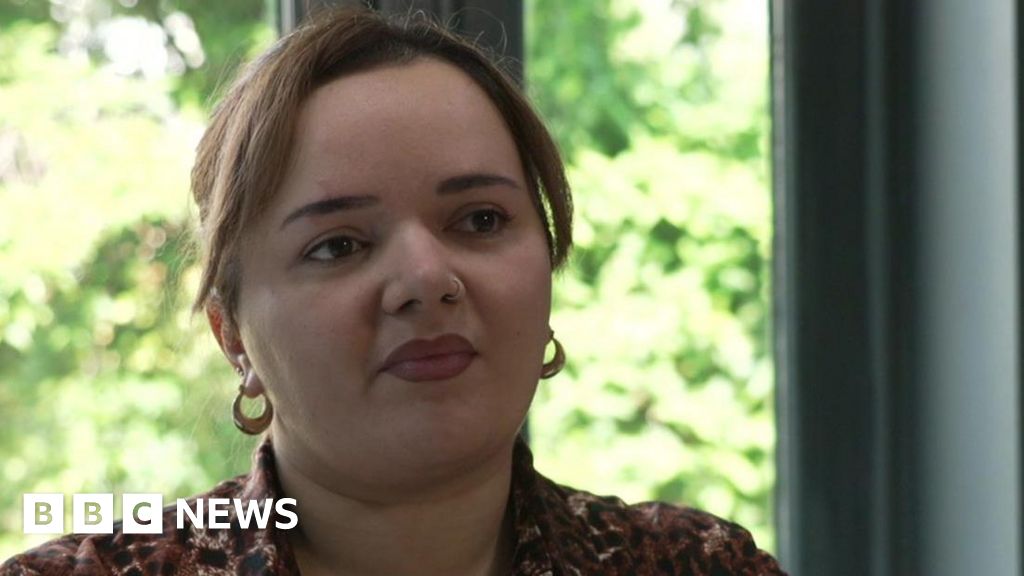



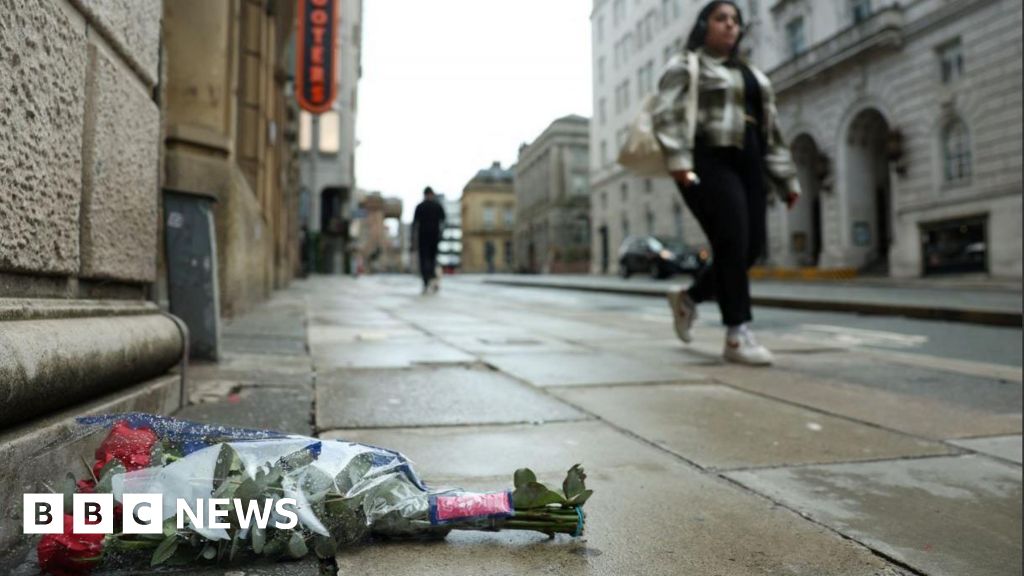

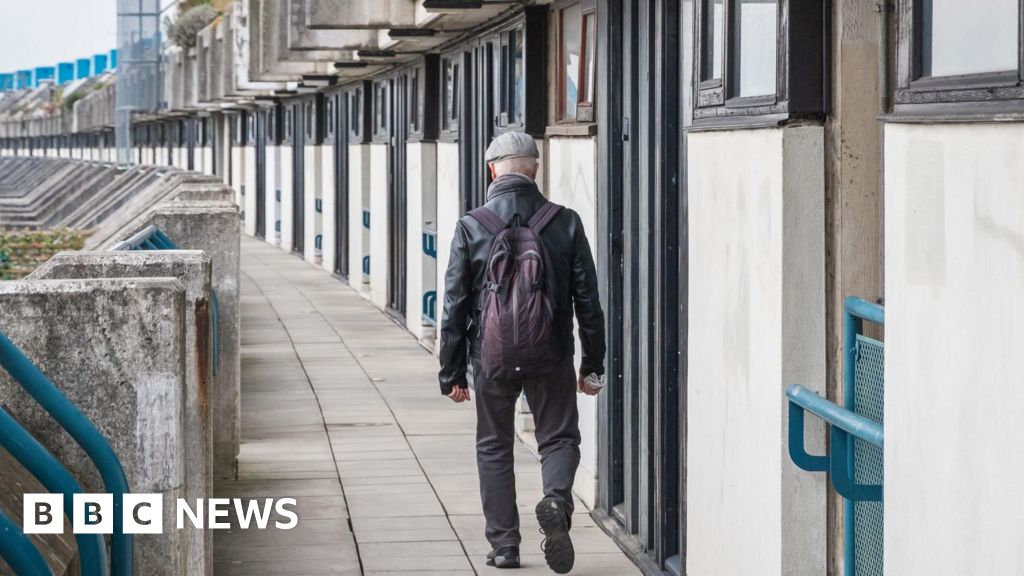
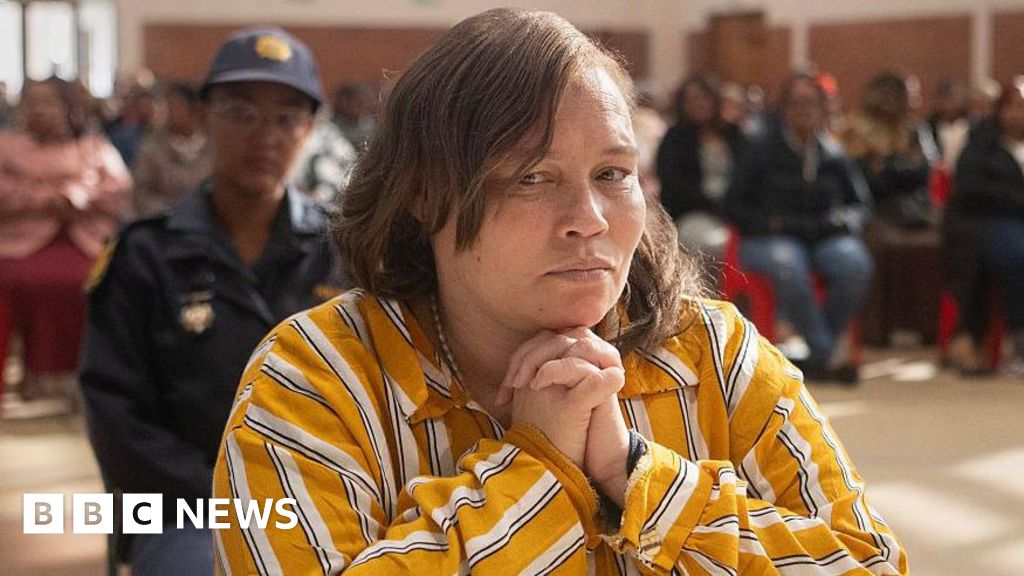



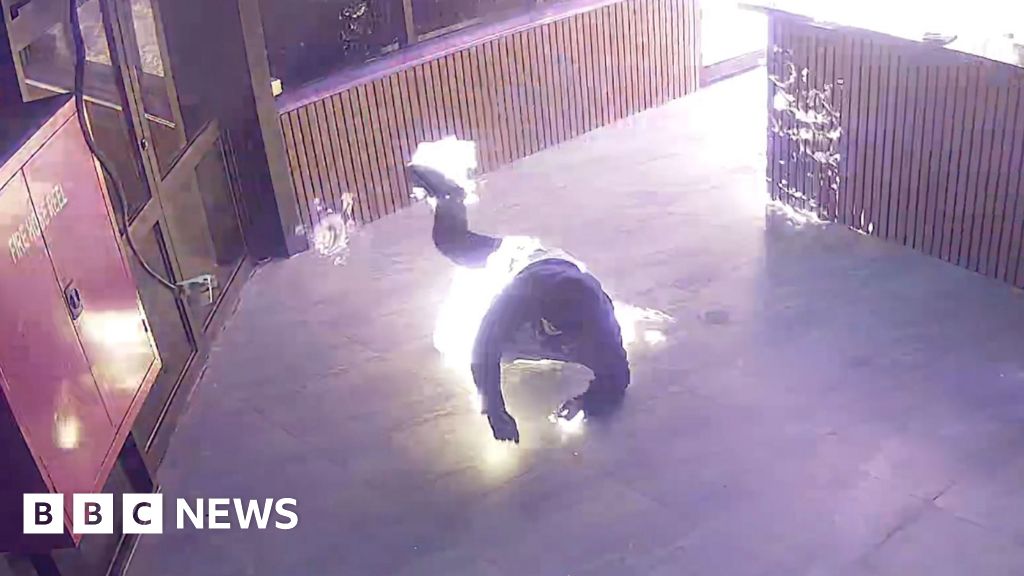
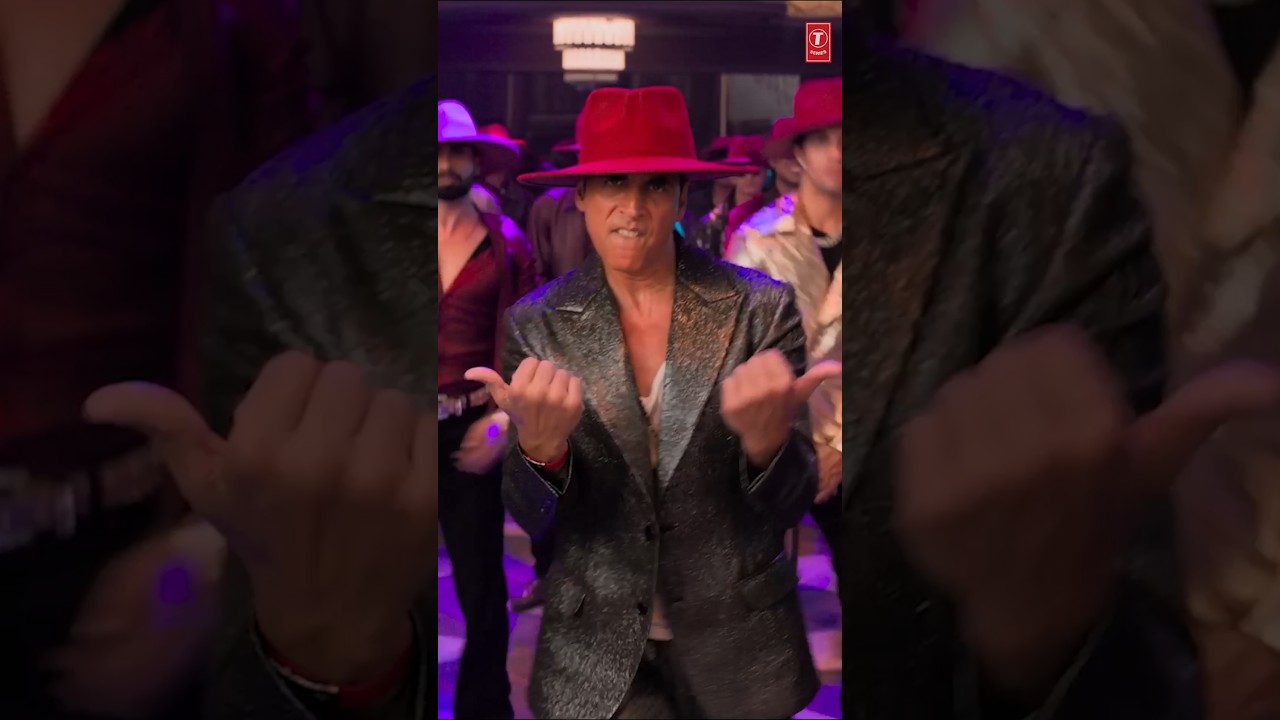
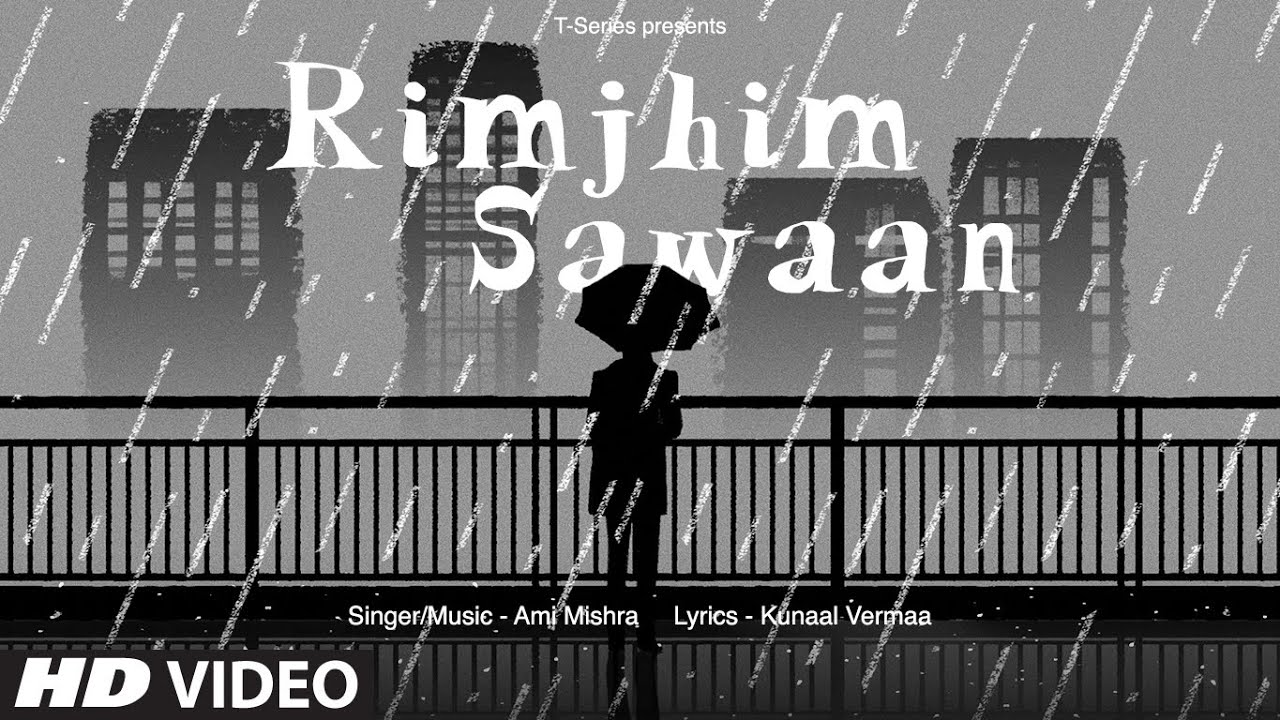


Leave a Reply